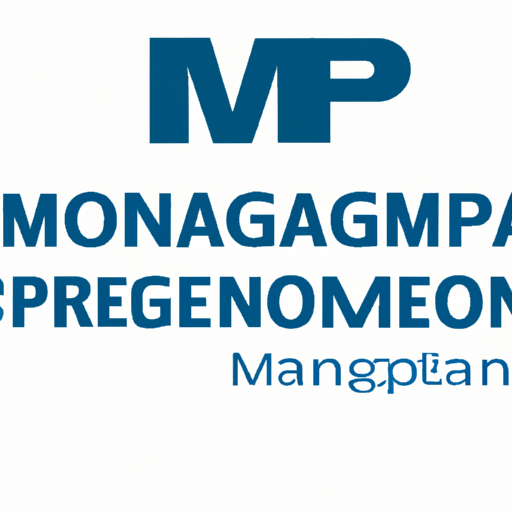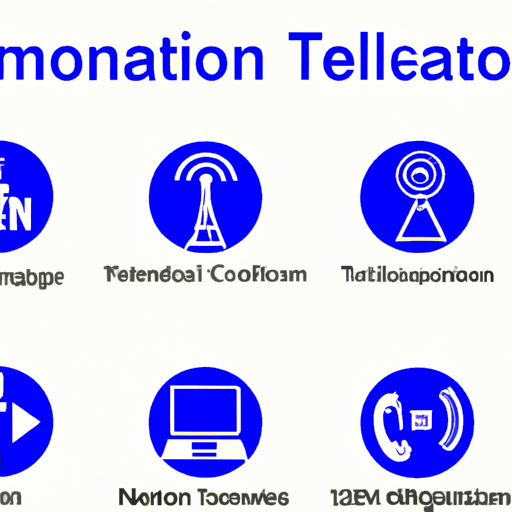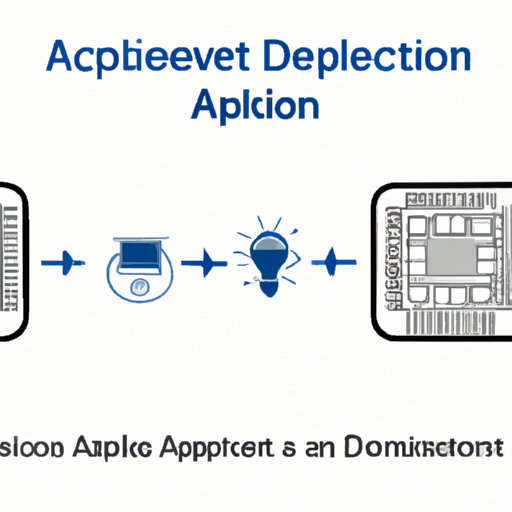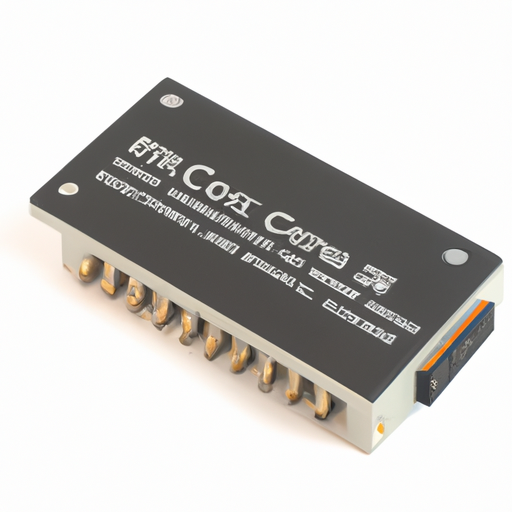application development in Configuration PROMs for FPGAs for MM74HC138N: key technologies and success stories
Application Development in Configuration PROMs for FPGAs with MM74HC138N: Key Technologies and Success Stories
The integration of configuration PROMs (Programmable Read-Only Memory) with FPGAs (Field-Programmable Gate Arrays) is a critical aspect of modern digital design. The MM74HC138N, a 3-to-8 line decoder/demultiplexer, plays a significant role in managing address decoding and control signals in conjunction with FPGAs and PROMs. Below, we explore the key technologies involved in this domain and highlight notable success stories.
Key Technologies
| 1. FPGA Architecture | |
| 2. Configuration PROMs | |
| 3. Logic Design Tools | |
| 4. Synthesis and Implementation Tools | |
| 5. Programming Interfaces | |
| 6. Timing Analysis | |
| 7. Testing and Debugging | |
| 8. Embedded Systems Integration | |
| 1. Telecommunications | |
| 2. Consumer Electronics | |
| 3. Automotive Applications | |
| 4. Industrial Automation | |
| 5. Aerospace and Defense | |
| 6. Medical Devices |
Success Stories
Conclusion
The combination of configuration PROMs with FPGAs, particularly in applications involving the MM74HC138N, has led to significant advancements across various industries. The flexibility of FPGA architecture, coupled with the reliability of PROM storage, enables the development of innovative solutions that meet the demands of modern technology. As the field continues to evolve, advancements in design tools, programming interfaces, and integration techniques will further enhance the capabilities of FPGAs, paving the way for new applications and improved performance in diverse sectors.







